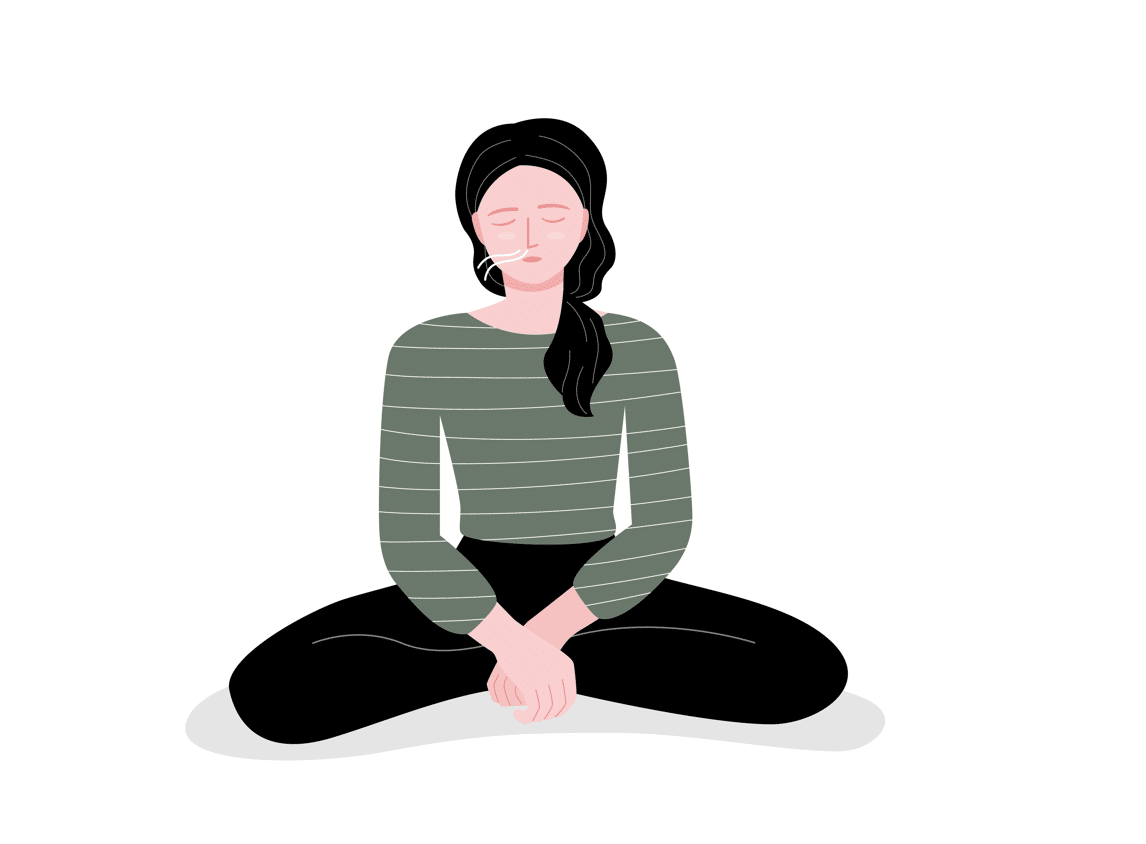Finding Your Coping Strategies for Healing

Life can be filled with challenges, both big and small, that can leave us feeling overwhelmed and in need of healing. Whether you’re dealing with a major life crisis, ongoing stress, or simply the ups and downs of daily life, finding effective coping strategies is essential for your emotional and mental well-being. In this blog post, we’ll explore the importance of coping strategies and offer guidance on how to discover the ones that work best for you.
Why Coping Strategies Matter
Coping strategies are like emotional tools that help us navigate the complexities of life. They provide us with ways to handle stress, process difficult emotions, and find a sense of balance and peace. Without these tools, we may find ourselves overwhelmed, stuck in negative patterns, or unable to move forward.
Here are some reasons why coping strategies are essential for healing:
Reducing Stress: Coping strategies can help lower stress levels, which can have a profound impact on our physical and mental health. Chronic stress can lead to various health issues, including anxiety and depression.
Emotional Resilience: Effective coping strategies build emotional resilience. They allow us to bounce back from setbacks and face challenges with greater confidence and strength.
Improved Mental Health: Coping strategies play a crucial role in maintaining good mental health. They can help prevent and manage conditions like depression and anxiety.
Enhanced Relationships: Coping strategies can improve our relationships by helping us communicate better, manage conflicts, and empathize with others’ emotions.
How to Find Your Coping Strategies
Discovering the coping strategies that work best for you is a personal journey. What works for one person may not work for another, so it’s essential to explore different options and tailor them to your unique needs. Here’s a step-by-step guide to finding your coping strategies:
1. Self-Awareness: Start by developing self-awareness. Take time to reflect on your emotions, triggers, and the situations that cause you stress or distress. Journaling can be a helpful tool for this.
2. Identify Your Current Coping Methods: Think about how you currently cope with stress and challenging situations. Do you tend to turn to unhealthy habits like excessive drinking or emotional eating, or do you have some healthy coping strategies already in place?
3. Explore a Variety of Techniques: There are countless coping strategies to choose from. Some people find solace in physical activities like exercise or yoga, while others benefit from creative outlets like art or writing. Explore various options to see which ones resonate with you.
4. Consider Professional Guidance: If you’re struggling to find effective coping strategies or dealing with significant emotional challenges, consider seeking professional help. Therapists and counselors can provide guidance and teach you valuable coping skills.
5. Assess What Works: As you experiment with different coping strategies, pay attention to what works best for you. What makes you feel calmer and more centered? What helps you process your emotions and gain perspective?
6. Build a Coping Toolbox: Once you’ve identified effective coping strategies, create a coping toolbox. This is a collection of your go-to methods for dealing with stress and difficult emotions. Your toolbox might include activities like meditation, deep breathing exercises, going for a walk, talking to a friend, or practicing mindfulness.
7. Practice Consistently: Coping strategies become more effective with practice. Make them a regular part of your routine, even when you’re not in the midst of a crisis. Consistency can help you build resilience and maintain good mental health.
8. Adapt and Evolve: Life is dynamic, and what works for you in one situation may not be suitable for another. Be open to adapting and evolving your coping strategies as needed. As you grow and change, so too should your toolbox.
Conclusion
Finding your coping strategies for healing is a vital step in your journey toward emotional and mental well-being. Remember that it’s okay to seek help and guidance, and there is no one-size-fits-all approach to coping. What matters most is that you discover and cultivate the strategies that resonate with you, helping you navigate life’s challenges with grace and resilience. Through self-awareness, exploration, and consistent practice, you can build a toolbox of coping strategies that empower you to heal, grow, and thrive.





